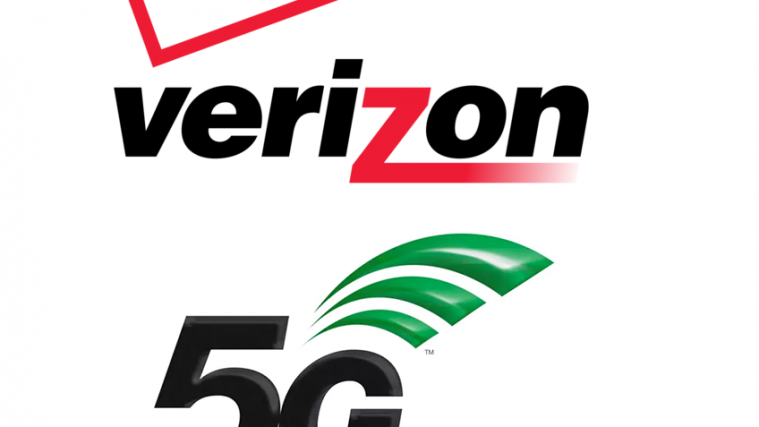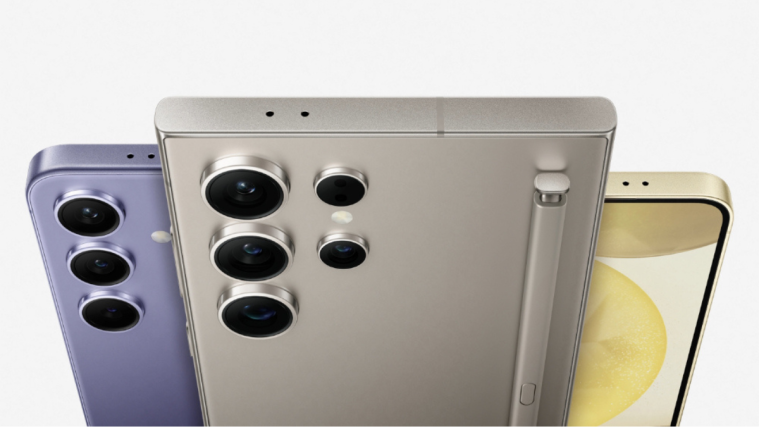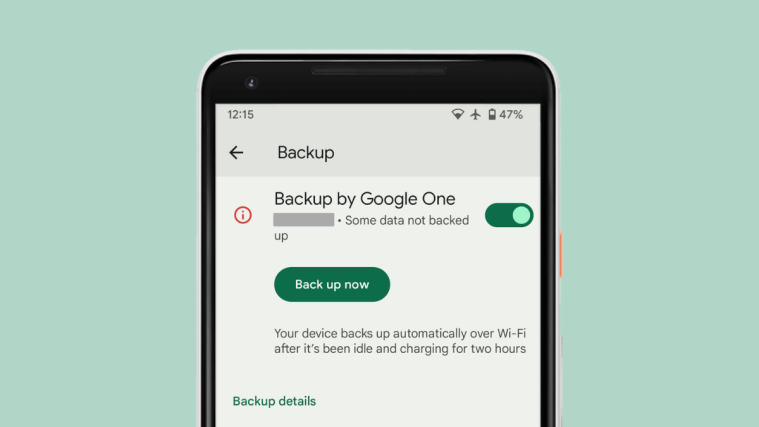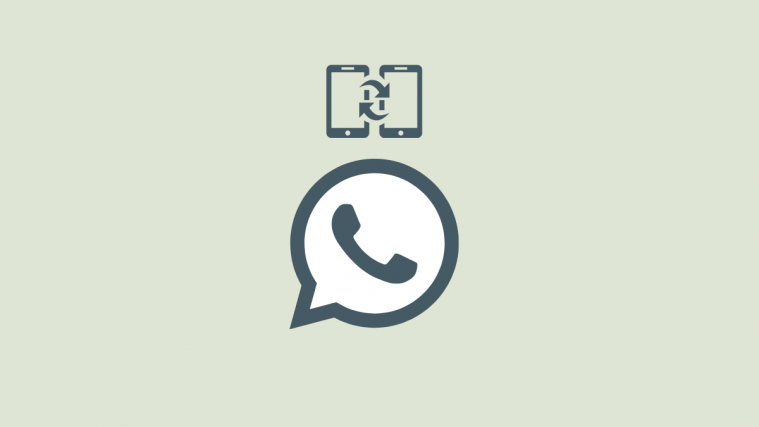During the first three months of 2017, there was a lot of activity regarding the next-generation internet connectivity standard dubbed 5G.
In January 2017, we reported about ZTE’s 5G feat in Southeast Asia, but it was until February that we saw the new official logo of this upcoming wireless standard. In March 2017, AT&T confirmed that it would roll out 5G services to its consumers across the U.S. later this year and in June 2017, Huawei joined the trials’ party courtesy of Russia’s MegaFon. During the same period, Verizon also commenced 5G tests across seven U.S. cities (New Jersey, California, Washington DC, Georgia, Michigan, Massachusetts and Texas) and towards the end of the year, the Big Red, also joined by Sprint, made its intentions clear, confirming that it’ll be ready to roll out 5G services to consumers by the end of 2019.
According to Verizon’s Chief Technology Architect and Network Planning, Ed Chan, “the industry has been discussing 5G connectivity for years, and through our joint collaboration with partners like Samsung, we are beginning to make it a reality for our customers.” Apparently, Verizon is also adamant that “Sacramento is an ideal place to begin deploying 5G broadband services, providing a progressive environment for creating future use cases.”
Now, since this is going to be a gradual process, Verizon has struck a deal with Samsung that will enable the latter supply the former with routers and radio frequency needed for the initial commercial rollout of 5G services. The new standard, which will start rolling out in Sacramento in the second half of 2018, will see the Korean company build custom 5G home routers (CPEs) and 5G Radio Access Units (RAN) that include a compact radio base station and virtualised RAN elements. According to Samsung, it will use in-house resources to build “the first commercial ASIC-based 5G modems and mmWave RFICs.”
During the trial period that started last year, Samsung and Verizon determined that a single 5G radio can reach the 19th floor of an apartment. Unlike what we know about wireless networks, the trial period also helped establish that environmental factors like rain or snow have no impact on the quality of 5G services you get.
Other than Samsung, Verizon has also worked with the likes of Qualcomm, Cisco, Nokia, Intel, LG and Ericsson on its way to commercialising 5G networks in the U.S.





